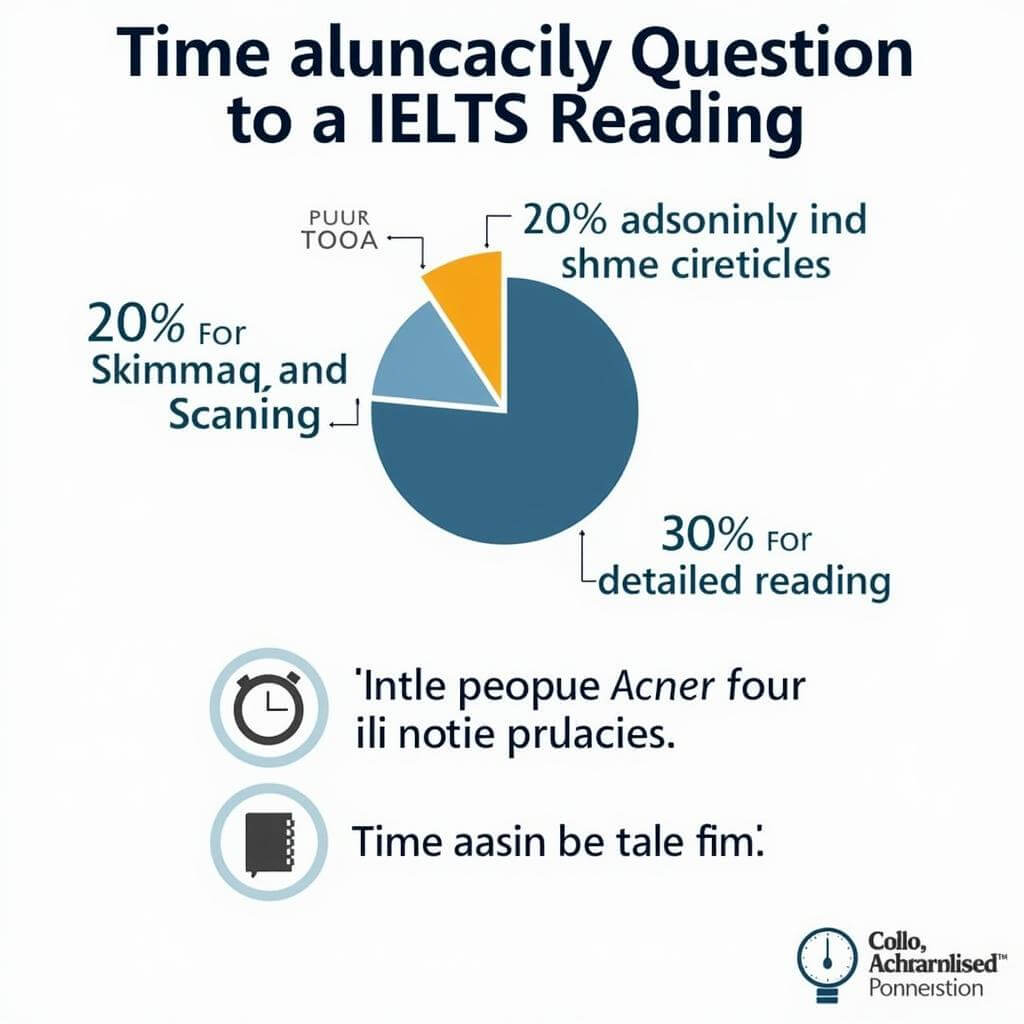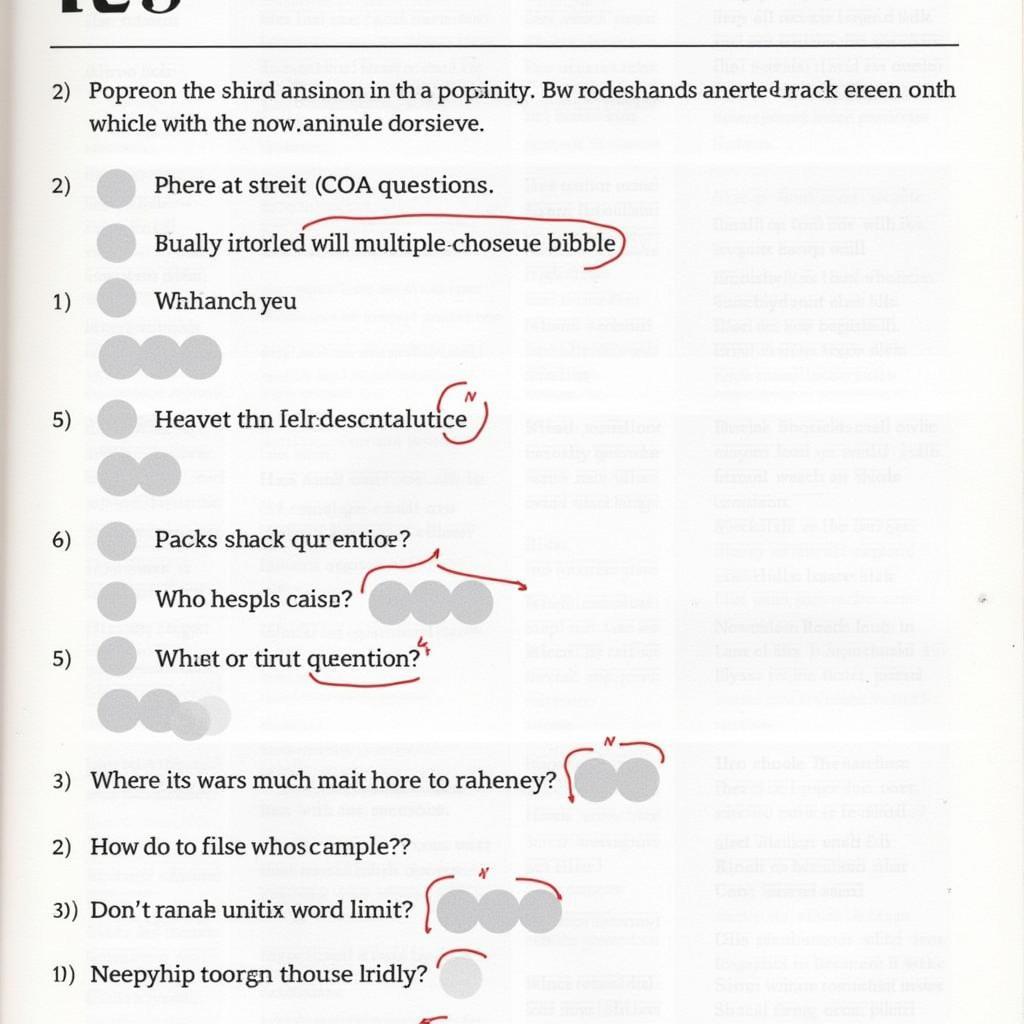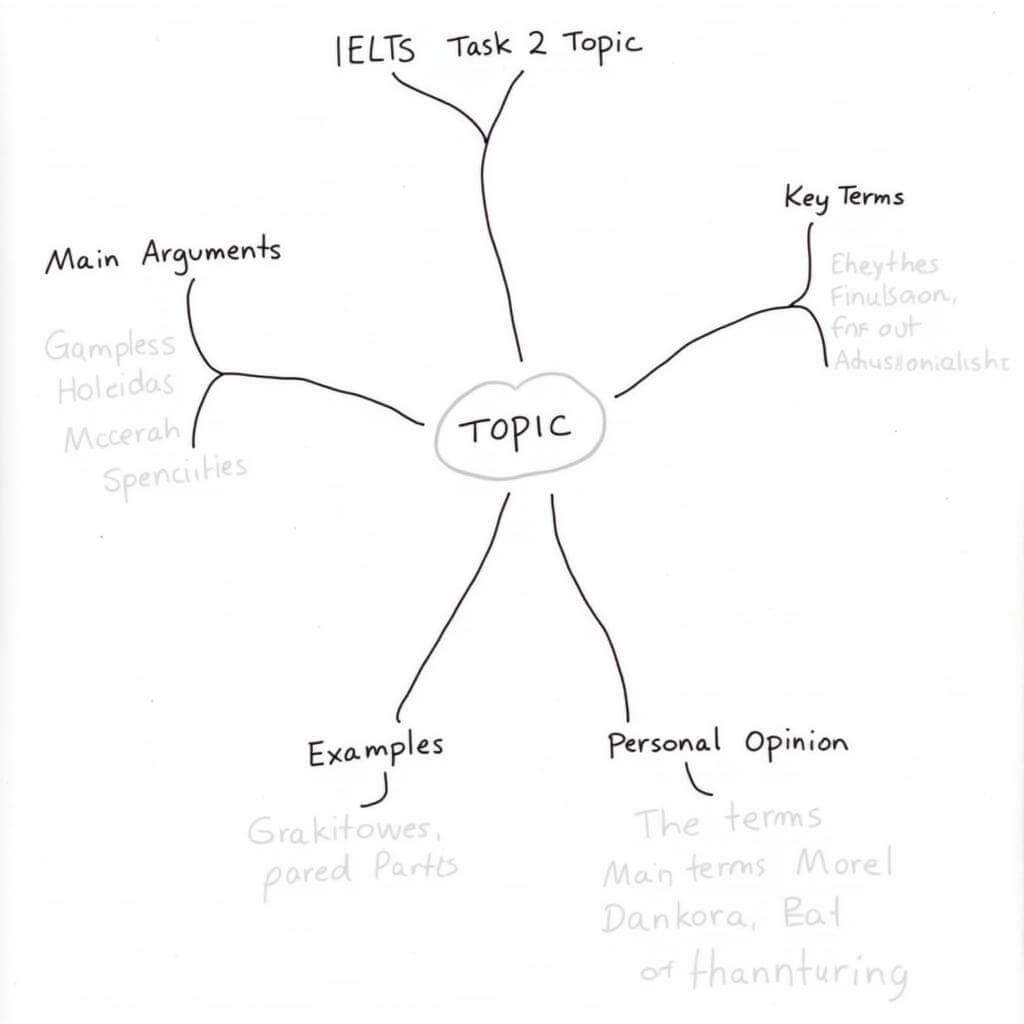The IELTS Reading section can be challenging, but with the right approach, you can significantly improve your score. In this comprehensive guide, we’ll explore effective strategies to help you avoid common pitfalls and boost your performance. Let’s dive into the key areas where test-takers often struggle and learn how to overcome them.
Understanding the IELTS Reading Format
Before we delve into specific tips, it’s crucial to have a solid grasp of the IELTS Reading test structure. The Academic and General Training versions differ slightly, but both require careful time management and strategic reading skills.
Academic vs. General Training
The Academic Reading test consists of three long passages, while the General Training test includes shorter texts in the first two sections, followed by a longer passage in the third section. Understanding these differences is essential for targeted preparation.
Time Management
With only 60 minutes to answer 40 questions, time is of the essence. Many test-takers make the mistake of spending too long on difficult questions, leaving insufficient time for easier ones.
“The key to success in IELTS Reading is not just comprehension, but also efficient time allocation,” says Dr. Emma Thompson, a seasoned IELTS instructor with 15 years of experience.
 IELTS Reading Time Management Strategies
IELTS Reading Time Management Strategies
Common Mistakes and How to Avoid Them
1. Overlooking Keywords in Questions
Many test-takers rush through questions without fully understanding what’s being asked. This can lead to misinterpretation and incorrect answers.
Solution: Underline or circle key terms in each question before searching for answers in the passage. This technique helps you focus on the specific information needed.
2. Falling for Distractors
IELTS Reading passages often contain information that seems relevant but doesn’t directly answer the question. These are known as distractors.
Solution: Train yourself to identify and ignore irrelevant information. Focus on finding exact matches or paraphrases of the keywords you’ve highlighted in the questions.
3. Mismanaging Time
Poor time management is a common issue that can significantly impact your score.
Solution: Practice with timed mock tests to improve your pacing. Allocate about 20 minutes per passage, leaving a few minutes at the end for review.
4. Ignoring Instructions
Each question type has specific instructions that must be followed precisely.
Solution: Read instructions carefully, noting word limits for short answer questions and paying attention to singular/plural forms in matching exercises.
“Attention to detail in following instructions can make the difference between a good score and a great one,” advises Dr. Thompson.
5. Relying Too Heavily on Background Knowledge
While general knowledge can be helpful, it’s crucial to base your answers solely on the information provided in the passage.
Solution: Treat each text as if it’s entirely new information. Avoid making assumptions based on prior knowledge.
 IELTS Reading Answer Sheet Example
IELTS Reading Answer Sheet Example
6. Failing to Skim and Scan Effectively
Many test-takers spend too much time reading every word, rather than using efficient reading techniques.
Solution: Practice skimming for main ideas and scanning for specific information. These skills are essential for managing time effectively in the IELTS Reading test.
7. Neglecting to Check Answers
In the rush to complete all questions, many forget to review their answers for simple mistakes.
Solution: Reserve 2-3 minutes at the end of each passage to double-check your answers, especially for spelling and grammar in short answer questions.
Advanced Strategies for IELTS Reading Success
To further enhance your performance, consider these advanced techniques:
- Develop your vocabulary through extensive reading in English.
- Practice paraphrasing to better understand how information might be reworded in questions.
- Familiarize yourself with various question types and develop specific strategies for each.
- Work on improving your reading speed without sacrificing comprehension.
improving comprehension with practice materials can significantly boost your performance in the IELTS Reading test.
The Importance of Practice and Feedback
Regular practice is crucial for improving your IELTS Reading skills. However, practice alone isn’t enough – you need quality feedback to identify and correct your mistakes.
Utilizing Practice Tests
Take full-length practice tests under timed conditions to simulate the actual exam experience. This helps you get accustomed to the pressure and improves your time management skills.
Seeking Expert Feedback
Consider working with an IELTS tutor or joining a study group to get personalized feedback on your performance. This can help you identify patterns in your mistakes and develop targeted strategies for improvement.
how to avoid missing key information is another crucial aspect of IELTS Reading preparation that can significantly impact your score.
Conclusion
Avoiding common mistakes in IELTS Reading answers requires a combination of strategy, practice, and attention to detail. By implementing the tips and techniques outlined in this guide, you can significantly improve your performance and achieve the score you need. Remember, success in IELTS Reading is not just about English proficiency – it’s about mastering the specific skills required for the test.
As you continue your IELTS preparation journey, don’t forget that improving fluency through conversation can also indirectly benefit your reading skills by enhancing your overall language proficiency.
FAQs About IELTS Reading Mistakes
-
Q: How can I improve my time management in IELTS Reading?
A: Practice with timed mock tests, allocate specific time for each passage, and use skimming and scanning techniques effectively. -
Q: What should I do if I encounter an unfamiliar word in the passage?
A: Try to understand the meaning from context. Don’t spend too much time on a single word; focus on overall comprehension. -
Q: Is it better to guess an answer or leave it blank if I’m unsure?
A: Always guess. There’s no penalty for incorrect answers, so it’s better to have a chance at being correct than leaving it blank. -
Q: How can I avoid being tricked by distractors in the passage?
A: Focus on finding exact matches or paraphrases of the keywords from the questions. Be wary of information that seems relevant but doesn’t directly answer the question. -
Q: Should I read the questions or the passage first?
A: It’s generally recommended to quickly skim the questions first to know what information to look for, then read the passage. -
Q: How important is vocabulary for IELTS Reading?
A: Vocabulary is crucial. Regularly learning new words and their contextual usage can significantly improve your comprehension and speed. -
Q: Can I write on the question paper during the test?
A: Yes, you can make notes and underline key information on the question paper. This can help you organize your thoughts and locate important details quickly.


